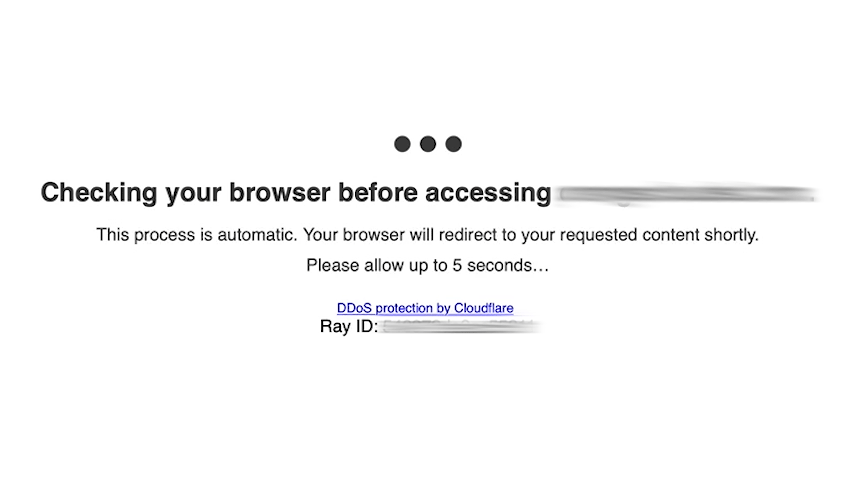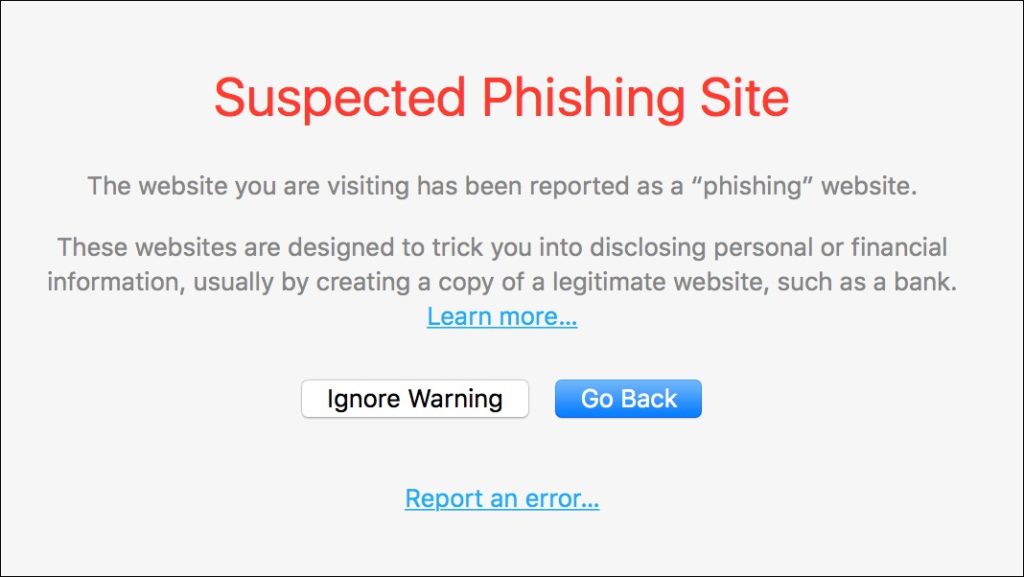(Part 3 – Tackling misinformation on Twitter and other social media)
Thought experiment – the responsibility of DNS providers and web browsers
One idea we should at least have a conversation about is the role and responsibility of DNS providers with regard to misinformation.
Could public DNS providers – like OpenDNS, Cloudflare, Quad9, even Google – take a stance to actively block misinformation?
Cloudflare today protects websites against malicious users, such as its anti-DDOS service:

One could argue that it should also protect users against malicious websites or at least malicious content.
And some of them already do so: Cloudflare claims its 1.1.1.1 public DNS does not sell data to advertisers. It is reportedly faster, and its paid WARP VPN service that runs atop 1.1.1.1 encrypts traffic from your devices while also routing it over the fastest available paths to the sites you visit – after all, Cloudflare is also a content delivery network. Ergo, Cloudflare already has a number of individual-centric security-focused products.
So one could imagine a situation where Cloudflare creates/maintains a list of sites and URLs that are known for spreading misinformation, or are known to contain incorrect/false data. Or syncs with a crowdsourced list of such lists, much like the public ad-block lists we saw earlier.
When you click/tap a link that leads you to one of these websites or URLs, Cloudflare could first show you a page warning you about misinformation. If you still want to visit it, you can. This’ll go a long way towards staying safe and informed.
The advantage of this approach is that it’s baked into the internet itself. While yes, the Internet was designed to be neutral, it’s expanded to well beyond its user based fifty years ago – the scientific, academic and military community. Neutrality is a key tenet of the Internet, but when it begins causing harm, it needs to be revisited.
Either way, you’d still have to set Cloudflare as your DNS provider. A vanishingly small percentage of people change their DNS settings. Even if Cloudflare – or any of the other public DNS providers – actually implemented this sort of misinformation warning system, only those that were vigilant about it in the first place would care to use it.
For this block-list approach to be useful, you’d need to bake it into something on people’s computers and phones. That’s the web browser.
Ever since most browsers began supporting extensions, they have had the ability to block ads – there are excellent, actively maintained ad-blocking extensions that don’t sell your data – like Privacy Badger by the Electronic Frontier Foundation and uBlock Origin. These and similar extensions can be extended via blocklists to block – or warn of – misinformation. Browsers today also warn you of websites that may be suspicious, or do not secure traffic:
But just like with DNS, the number of people who install ad blocking extensions is tiny, and are biased towards those who are aware of the dangers of the Internet to begin with.
However, there is one company – Google – that is in a position to solve this for most of the Internet.
(Part 5 – What could Google do?)

